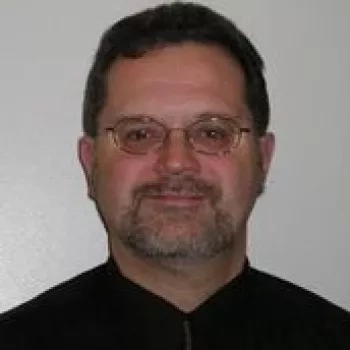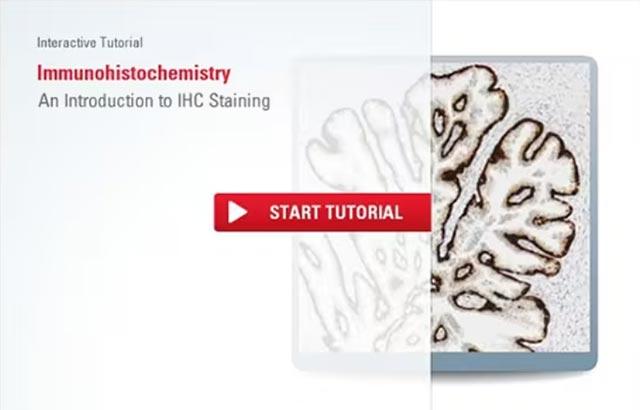Tumor Markers: Relationship between Clinical Pathology and Molecular Diagnostics/Immunohistochemistry

This presentation will highlight the use of tumor markers in serum chemistry, and their relationship to the diagnosis and monitoring of patients with malignant disease. Tumor markers are molecules occurring in blood or tissue that are associated with cancer, and whose measurement or identification is useful in patient diagnosis or clinical management. The ideal marker would be a “blood test” for cancer, in which a positive result would occur only in patients with malignancy, would correlate with stage and response to treatment, and that is easily and reproducibly measured. No tumor marker now available has met this ideal, but development and discovery continues in the use of these markers for clinical diagnosis. This presentation will explore the use of common markers such as CA-125, Carcinoembryonic Antigen (CEA), Alpha-Fetoprotein (AFP), CA 72.4, CA 15.3, CA19.9, Prostate Specific Antigen (PSA), and a variety of other enzymes and proteins now in use for the diagnosis and monitoring of malignancy. In addition, future serum tumor markers and the use of gene expression profiles and other information from circulating tumor cells (CTCs) will also be discussed.
Learning Objectives
- An overview of current serum tumors markers, their different classifications, and their use in disease monitoring.
- The usage of tumor markers in patient diagnosis and management, in both clinical medicine and immunohistochemistry will be discussed.
- A review of future developments in tumor markers and diagnostic methods, including DNA isolation and gene expression profiles of circulating tumor cells.
About the presenter

Dr. Thomas Haas is an attending Pathologist and Director of Molecular Pathology at Mercy Health Systems, Janesville, Wisconsin. He received his Doctor of Osteopathic Medicine from Des Moines University. His daily responsibilities involve anatomic, cytologic, and clinical pathology in a community hospital and system reference laboratory, with participation in tumor board and medical education conferences. His areas of interest include the development of immunohistochemistry panels for tumor diagnosis, molecular pathology, and histotechnology education for the National Society for Histotechnology (NSH). Dr. Haas is board certified in Anatomic and Clinical Pathology.
Related Content
Leica Biosystems Knowledge Pathway content is subject to the Leica Biosystems website terms of use, available at: Legal Notice. The content, including webinars, training presentations and related materials is intended to provide general information regarding particular subjects of interest to health care professionals and is not intended to be, and should not be construed as, medical, regulatory or legal advice. The views and opinions expressed in any third-party content reflect the personal views and opinions of the speaker(s)/author(s) and do not necessarily represent or reflect the views or opinions of Leica Biosystems, its employees or agents. Any links contained in the content which provides access to third party resources or content is provided for convenience only.
For the use of any product, the applicable product documentation, including information guides, inserts and operation manuals should be consulted.
Copyright © 2025 Leica Biosystems division of Leica Microsystems, Inc. and its Leica Biosystems affiliates. All rights reserved. LEICA and the Leica Logo are registered trademarks of Leica Microsystems IR GmbH.
